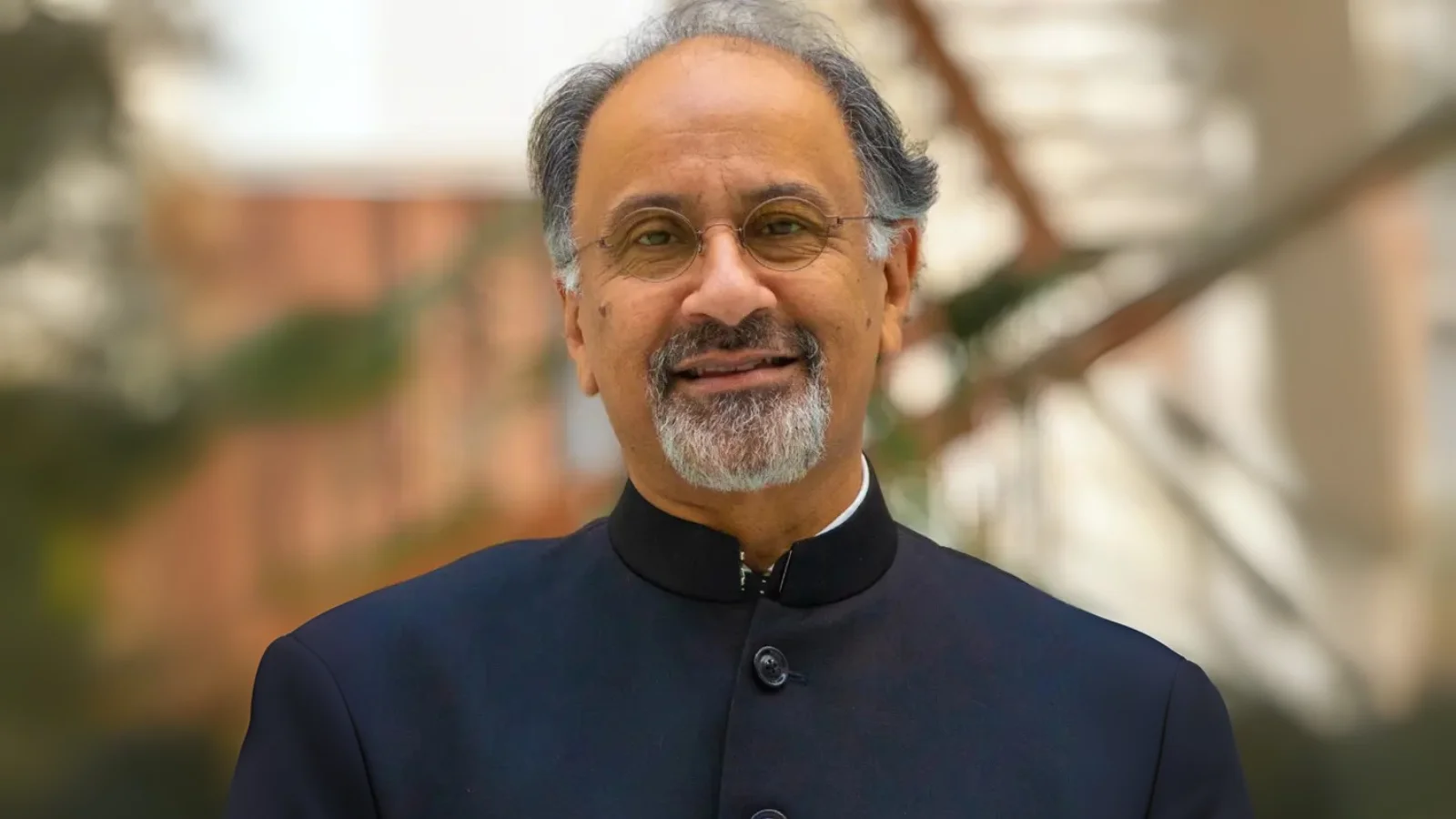Agriculture is a major part of Malawi’s economy, making up nearly a quarter of its GDP and employing about 75% of the population, mainly through small-scale farming. In rural areas, about 93% of people work in the food sector. However, poverty and recurring challenges have led to increasing hunger and food insecurity, with more than one in four Malawians facing crisis levels in early 2025.
Malawi’s agricultural sector is undergoing reforms aimed at improving efficiency and impact. With support from the World Bank, the government has begun shifting resources toward programs that are expected to yield better results for farmers and address ongoing issues such as low productivity and poor nutrition.
Previously, Malawi's input support program took up around 75% of the Ministry of Agriculture's budget in 2015 but struggled with delays, high costs, and an unsustainable subsidy model. The program did not reach the most productive farmers as intended and increased reliance on maize, which contributed to nutritional deficiencies and environmental problems.
To address these concerns, the Ministry of Agriculture, Irrigation and Water Development reformed the Affordable Input Subsidy Program (AIP) starting in 2020. The program now targets subsidies toward farms that can use them most effectively. Households with lower incomes were shifted to cash transfer or public works programs instead. The approach also includes more private sector involvement in procurement and distribution.
The World Bank has supported these changes by launching two major programs focused on farmer alliances and private sector growth. Improved targeting is achieved through an online platform managing farm data across Malawi; currently about one million productive farmers are benefiting from AIP.
Further steps include strengthening digital infrastructure, research, and irrigation under the regional Food System Resilience Program. Through a $20 million grant from the FoodSystems 2030 Trust Fund, a pilot project is underway to enhance AIP’s design for better soil health, productivity, and livelihoods.
As part of this effort, a new e-voucher system based on a digital farmer registry is being tested in twelve districts to allocate subsidies using data-driven methods. Enhanced soil testing supports sustainable fertilizer use and performance-based payments. The government intends to use results from this pilot when deciding how to spend its annual $300 million inputs program.
The reforms include two e-voucher schemes giving farmers more choice over their inputs, with expanded subsidies covering legume seeds, lime, and organo-mineral fertilizers. During the pilot phase, input subsidies are bundled with extension services and conservation practices; participating farmers must adopt at least one conservation measure.
“Remember, our goal is to make sure that we end hunger. We increase income generation at household level as well as exports for future generations. So, for us, Malawi, and our context, the food system and our transformation is something that we strongly believe we need to be a part of here,” said Hon. Samuel Kuwale, Minister of Agriculture.
Initial outcomes from a soil health pilot show that over 23,000 farmers—including 43% women—received farm inputs along with training in soil health management; more than 100 extension workers were also trained.
“The skills I’ve gained through this endeavor are invaluable. I will continue to use them even if the project phases out,” said a female participant in the soil health pilot.
Soil samples collected from 1,500 farmers helped provide tailored advice on fertilizer use; most participants applied recommended conservation practices and saw increased maize yields.
“What we are now doing is to reform the subsidy program, but more money has gone toward commercial farming where a lot of Malawians are very happy to find themselves – away from the subsidies to the commercial farming, which, for us, we consider to be a milestone in the transformation of food systems in the country,” said Minister Samuel Kuwale.
Looking ahead, Malawi plans further reforms focused on training for farmers and agro-dealers while learning from experiences with flexible e-vouchers to ensure they reach those who need them most.

